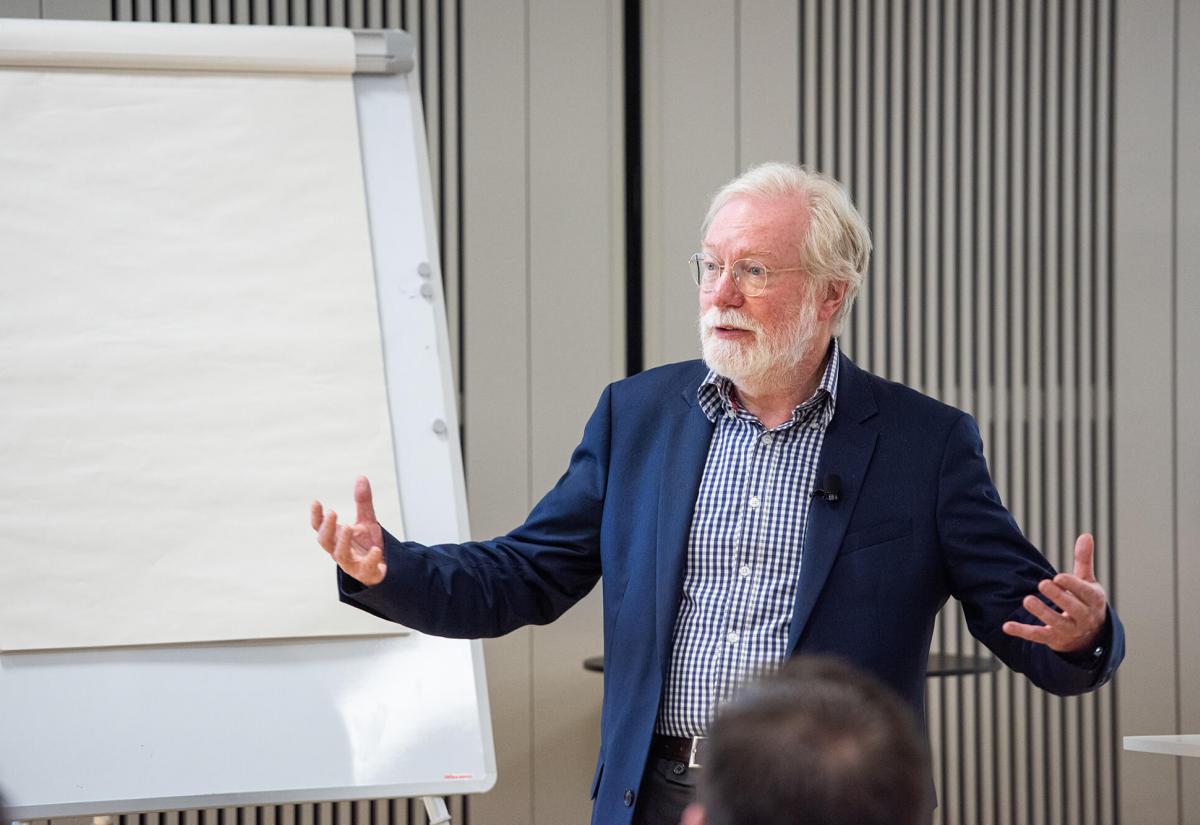
Learning levels remain alarmingly low in many countries: for example, three-quarters of students in Kenya, Tanzania and Uganda cannot read a single sentence. An analysis of 50 countries by two Blavatnik School faculty members, highlighted today in Nature Human Behaviour, reveals that failures of implementation are a key reason.
Noam Angrist and Stefan Dercon undertook the work as part of the What Works Hub for Global Education, a major international partnership coordinated from the Blavatnik School that is working out how to implement education reforms at scale, with the ultimate goal of increasing literacy, numeracy and other key skills in low- and middle-income countries.
The analysis shows large gaps between education policy and practice, which contributes to illiteracy among millions of students.
There has been much progress in in recent decades in getting more children into school, for longer, but education quality in low-income and middle-income countries remains stagnant, and many students are still unable to meet minimum reading and maths standards – a situation referred to by the international education community as the ‘learning crisis’.
One possible explanation is that policies have traditionally focused on students being in school rather than on learning outcomes. A series of initiatives have now placed heavy emphasis on learning, and these new policy efforts might finally accelerate learning progress.
However, for evidence-based policies to make a difference, they must translate into practice – and enacting them is hard. This is the focus of the What Works Hub for Global Education. The new paper quantifies the magnitude of the gap between policy and practice; compares it systematically on a global scale; and breaks it down into core components.
“Although much attention has been dedicated to policymaking, minimal attention is paid to policy implementation”, says Noam Angrist, Academic Director of the What Works Hub for Global Education. “To improve learning, those who care about global education must pay as much attention to the latter as the former – which is what we are now doing with our partners.”
Read the article in Nature Human Behaviour and find out more about the What Works Hub for Global Education on the programme website.
The What Works Hub for Global Education is a collaborative partnership between the Blavatnik School of Government (University of Oxford), the UK government’s Foreign, Commonwealth & Development Office (FCDO), the Bill & Melinda Gates Foundation, the British Council, Building Evidence in Education (BE2), the Global Education Evidence Advisory Panel (GEEAP), the Jacobs Foundation, the Learning Generation Initiative, USAID, UNICEF Innocenti, UNESCO-IIEP, and the World Bank. It is also a global consortium of more than 40 members, including civil society organisations, research institutions, and governments, the majority of which are based in the Global South.



